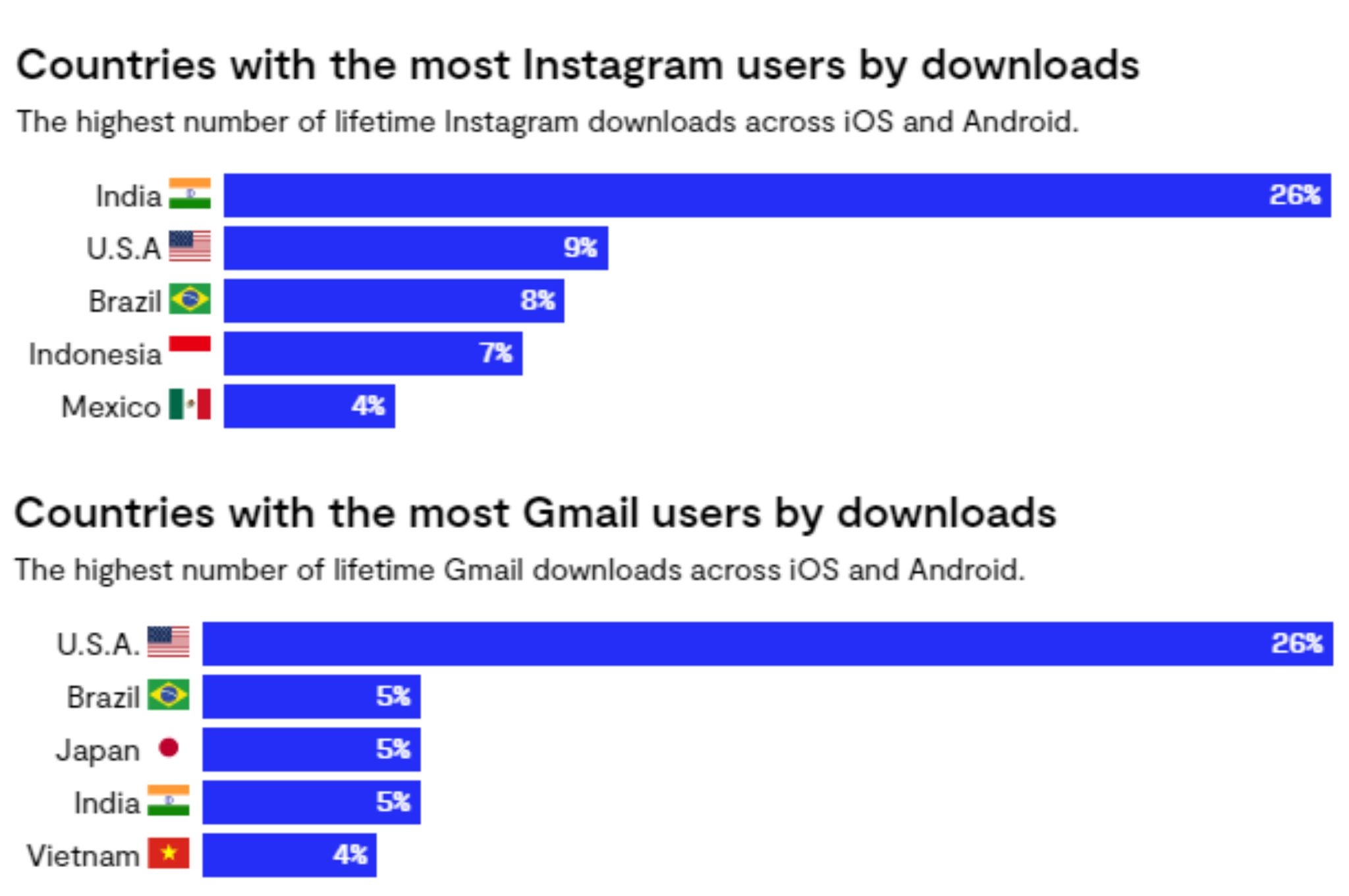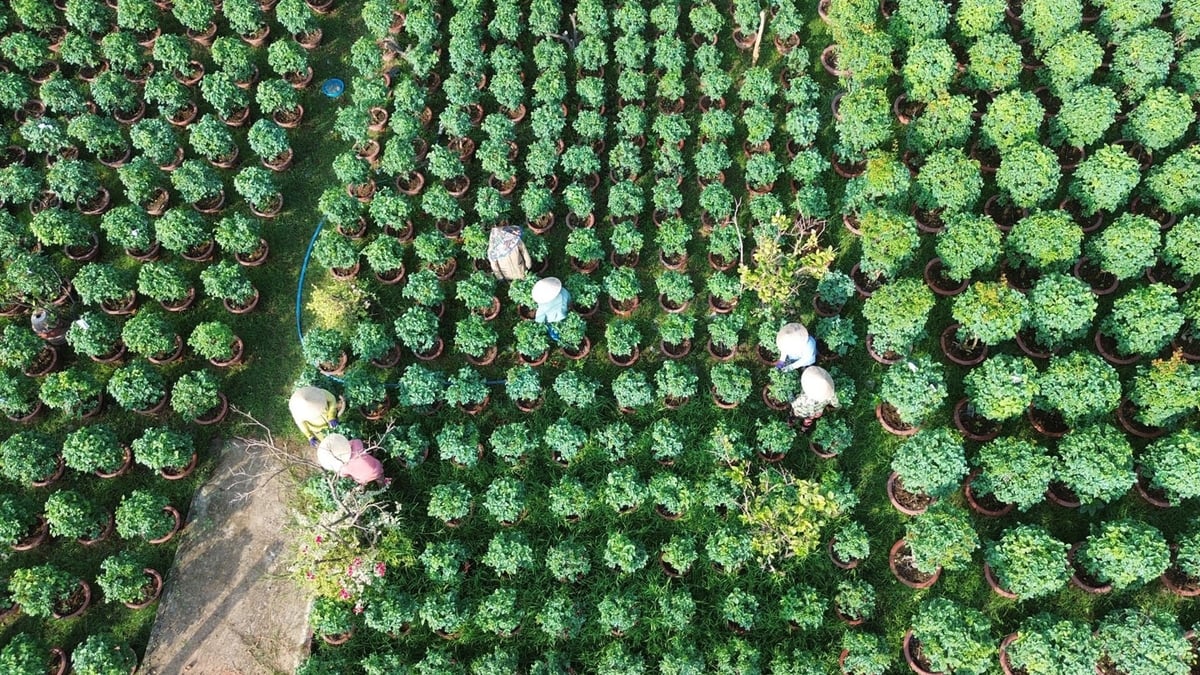 |
Information leaks are happening with increasing frequency these days. Photo: Istock . |
Data breaches are a huge problem these days, with the potential for loss of control and asset theft. According to researchers, we have just experienced the largest data breach ever, involving 16 billion login credentials, some of which include passwords.
Stolen passwords are being sold by the millions on the dark web, for a fraction of the price. People in developing countries are suffering the most from data breaches.
The biggest leak in history
According to a report from Cybernews on June 18, researchers have been investigating the leak since the beginning of the year, discovering 30 exposed data sets, each containing from tens of millions to more than 3.5 billion records.
In total, Vilius Petkauskas of Cybernews confirmed that up to 16 billion records were compromised. The severity of this number makes it the largest login information leak in history.
Lists of stolen credentials are being accumulated and sold on underground websites, including accounts from social networks, VPN services, and developer portals. “Sometimes they are repackaged multiple times, sometimes they are sold individually,” said Lawrence Pingree, vice president at Dispersive.
 |
Hackers used a malware called Infostealer to steal information. Photo: Cyfirma. |
Notably, according to the sources, almost all of this data set has never been reported as leaked before, meaning it is completely new. The novelty of the data is still debated by cybersecurity experts. Still, Mr. Pingree said 16 billion is a large number, and the fact that it can and has been misused is what matters.
The information that is revealed could become a blueprint for large-scale exploitation, such as phishing or account takeovers. Researchers say this is a new source of intelligence that could be weaponized on a massive scale, and unlock nearly every online service from Apple, Facebook, Google, and even government services.
Bob Diachenko, the cybersecurity expert behind the research, clarified that this was not a direct attack on companies like Apple, Facebook, or Google. Instead, the bad guys used a type of malware called Infostealer, which silently collects information from users' personal computers.
Most affected group
With digital transformation taking place at a rapid pace and cybersecurity infrastructure lagging behind, developing countries are at the greatest risk in this scenario. “Leaks like this can cause serious damage in Africa and Asia,” said Salman Waris, founder of cybersecurity consultancy TechLegis.
The geographic concentration of users increases the potential impact significantly. According to research firm Sensor Tower, India is the largest market for Facebook and Instagram, accounting for 20% and 26% of the total app downloads of the two platforms, respectively. Similarly, Asian countries also account for a significant share of the total global Gmail user base, with Vietnam ranking 5th.
 |
Social media users from Asia and Latin America make up the majority. Photo: Rest of World. |
Government agencies and critical infrastructure operators are at increased risk from the breach, Waris said, adding that individuals and organizations that do not have two-factor authentication (2FA) enabled are easy targets for infostealer campaigns.
The devastating impact of such breaches in developing regions has been historically demonstrated. In 2015, a breach exposed the login credentials of 184 million users in Pakistan, across banking, social media, and government services. That same year, Operation Secure hit Asia, targeting the login and payment credentials of more than 216,000 victims in countries such as Vietnam and Sri Lanka.
Weak law enforcement systems exacerbate the problem in many developing countries. Inadequate investigative infrastructure, let alone prosecution, often means data theft goes undetected, said Ankur Bisen, senior partner at consulting firm Technopak.
He cited India as an example, where digital fraud is now considered by the central bank to be the biggest financial risk. Mr Bisen also highlighted the growing threat to emerging economies , with millions of people still lacking basic cybersecurity awareness.
Source: https://znews.vn/hiem-hoa-tu-vu-16-ty-mat-khau-bi-lo-post1563747.html
























![[Photo] Politburo works with Standing Committees of Lang Son and Bac Ninh Provincial Party Committees](https://vphoto.vietnam.vn/thumb/1200x675/vietnam/resource/IMAGE/2025/8/20/0666629afb39421d8e1bd8922a0537e6)

![[Photo] Prime Minister Pham Minh Chinh receives Australian Foreign Minister Penny Wong](https://vphoto.vietnam.vn/thumb/1200x675/vietnam/resource/IMAGE/2025/8/20/f5d413a946444bd2be288d6b700afc33)












































































Comment (0)